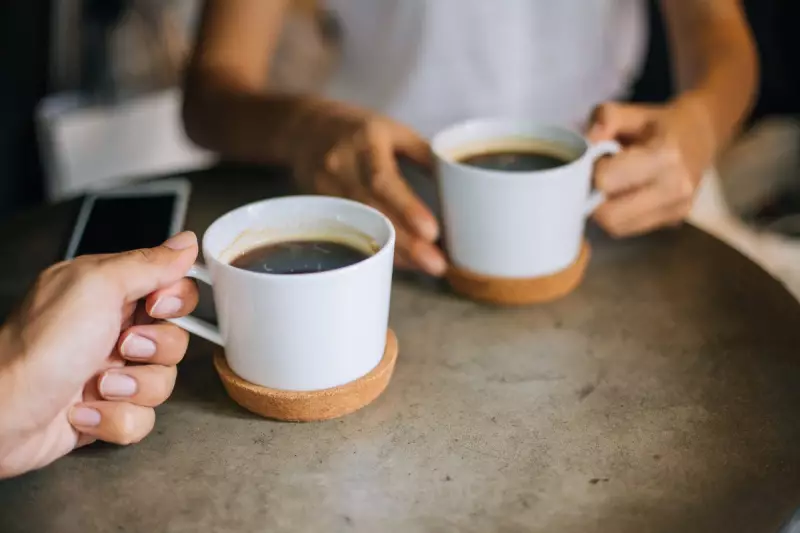
That essential morning coffee might be doing more than just waking you up - it could be seriously interfering with your prescription medications, according to emerging health research.
The Hidden Dangers in Your Coffee Cup
Medical experts are raising concerns about how caffeine consumption affects the absorption and effectiveness of common medications, particularly those prescribed for mental health conditions and pain management.
"Many people are completely unaware that their coffee ritual could be undermining their treatment," explains a pharmaceutical researcher familiar with the studies. "We're seeing significant interactions with medications for ADHD, anxiety disorders, and even common pain relievers."
Which Medications Are Most Affected?
The research highlights several concerning interactions:
- ADHD medications: Caffeine may amplify side effects like anxiety and sleep disturbances
- Anti-anxiety drugs: Coffee can counteract the calming effects of certain prescriptions
- Pain relievers: Altered absorption rates for both prescription and over-the-counter options
- Blood pressure medications: Potential interference with effectiveness
Why Timing Matters
It's not just about whether you drink coffee, but when you drink it relative to taking your medication. The studies suggest that even a one-hour gap between medication and coffee consumption might not be sufficient to prevent interactions.
"The digestive process and how medications are metabolised means caffeine can affect drugs for much longer than people realise," the researcher adds.
What Should Medication Users Do?
Healthcare professionals recommend:
- Consult your GP or pharmacist about potential interactions with your specific medications
- Consider spacing coffee consumption further from medication times
- Monitor for unusual side effects or reduced medication effectiveness
- Be mindful of all caffeine sources, including tea, energy drinks and chocolate
While more research is needed, the current findings suggest that being strategic about your caffeine intake could significantly improve your treatment outcomes.





